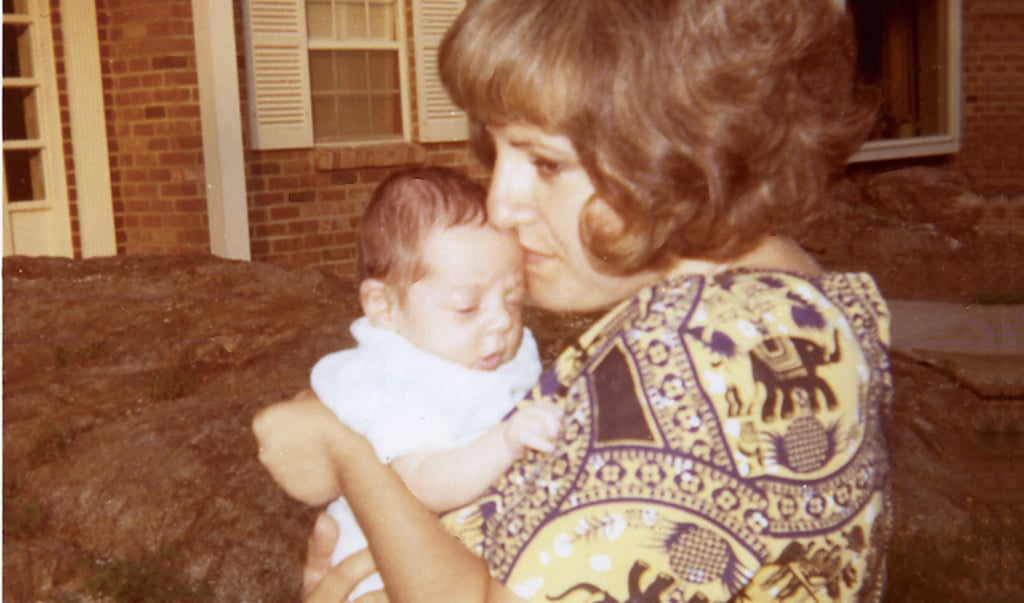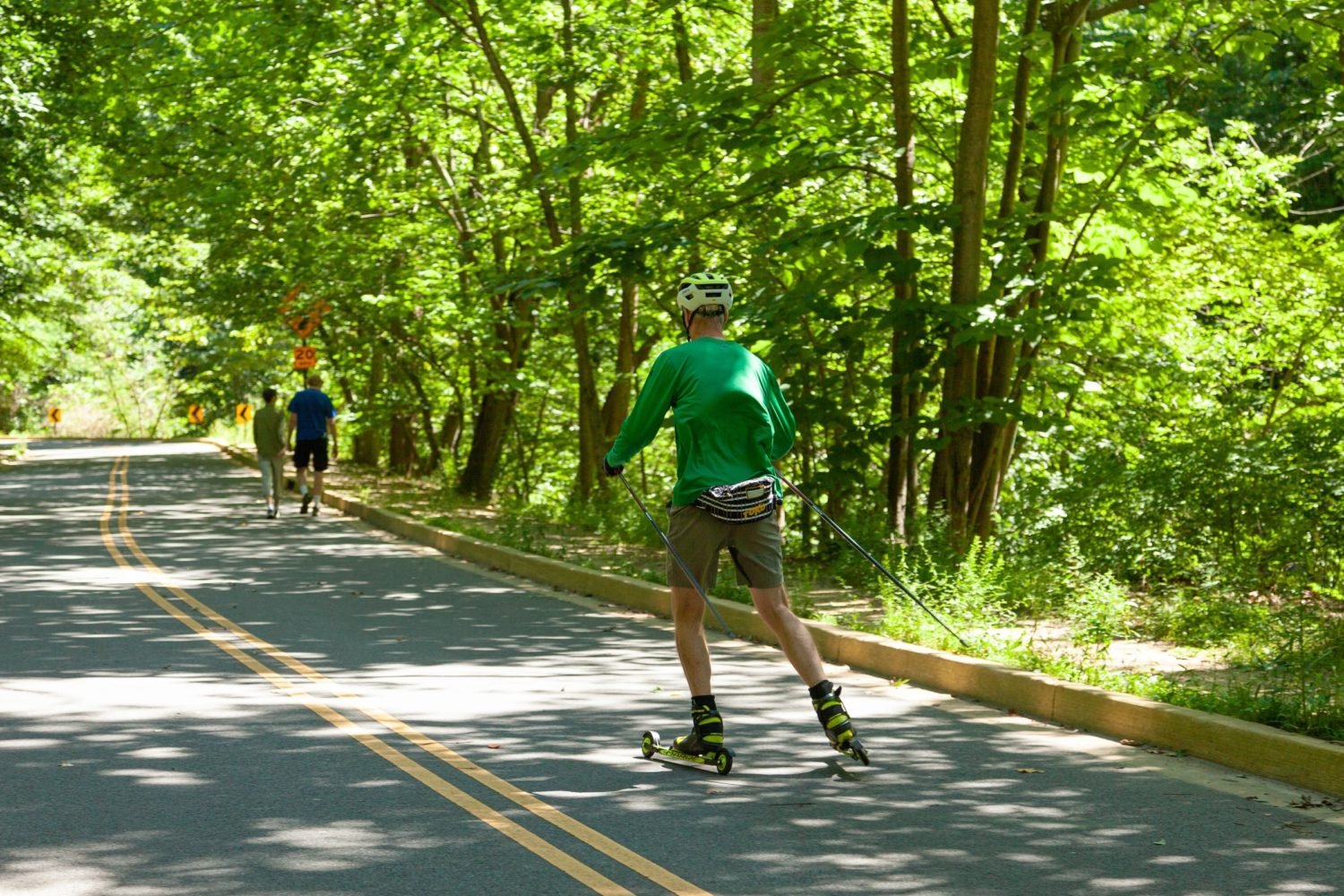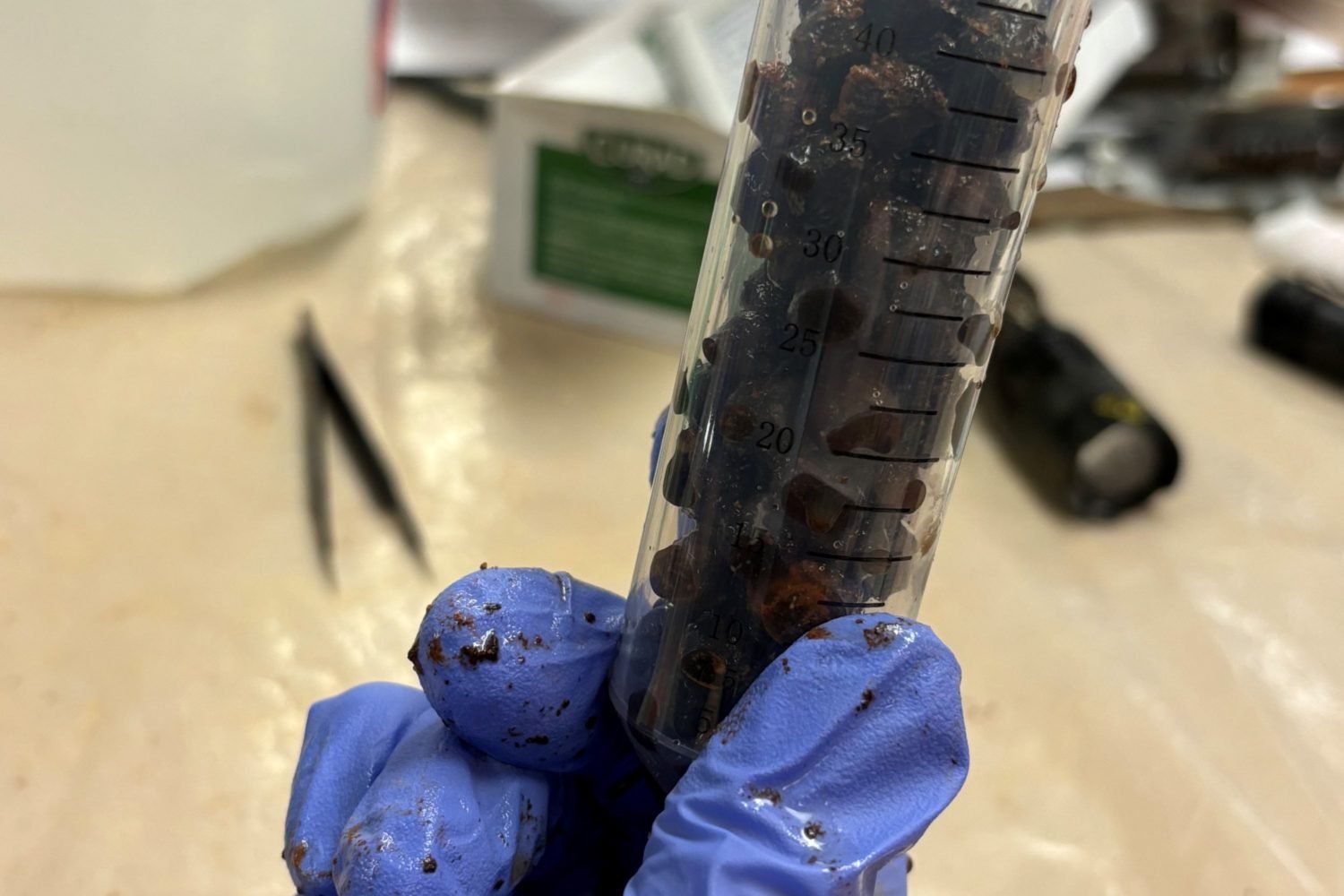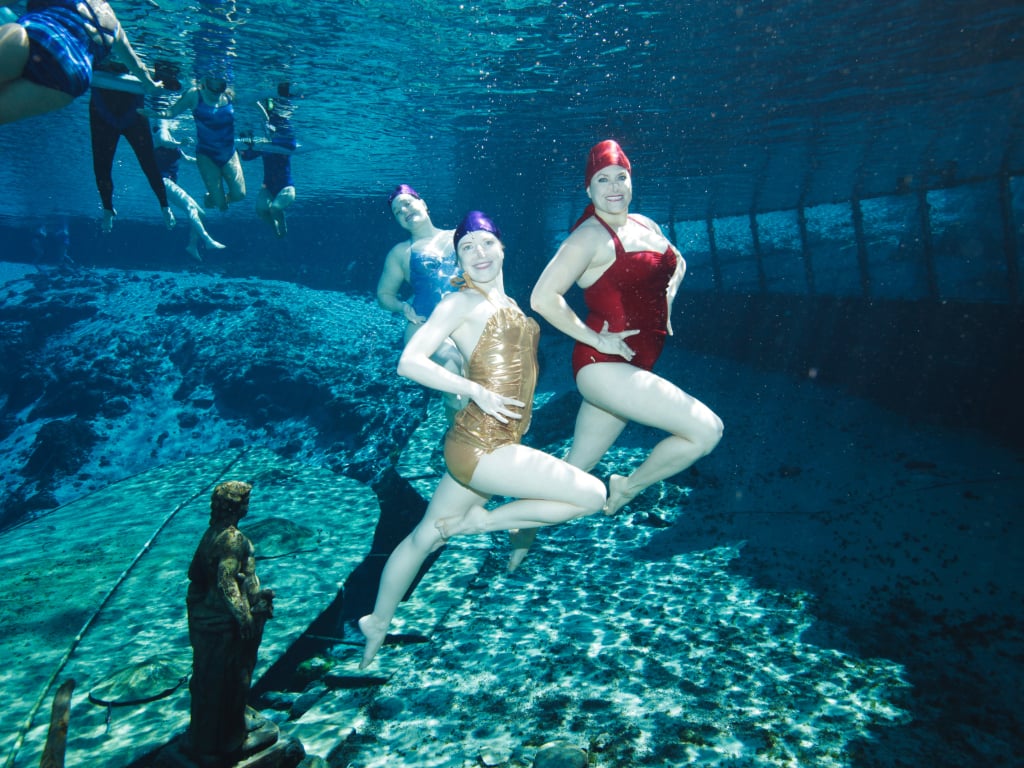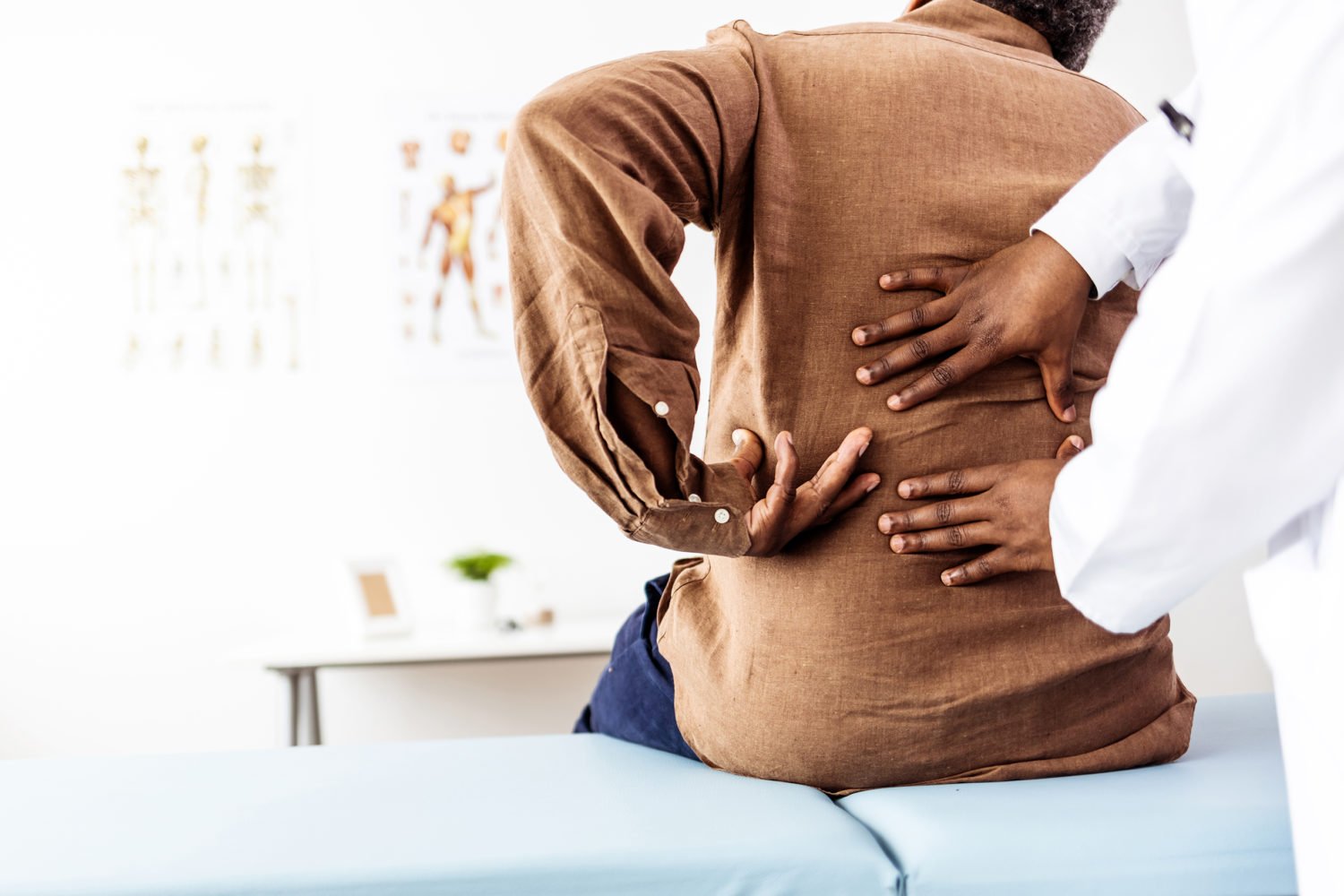For someone with a lifelong disability, aging is the ultimate revenge.
In the ’70s and ’80s, when I was championing disability rights, my fellow advocates and I coined a description for everybody else: TAB—temporarily able-bodied. I tell older friends with newfound physical limitations, “Welcome to my world.”
I have Erb’s palsy, a condition caused by a birth injury that irreparably damaged the nerves in one shoulder. As a result, I have very limited use of my left arm. When I was growing up, other kids knew I’d never get a base hit, catch a pop fly, or make a basket, but my disability wasn’t obvious enough to get me out of gym class. I tried forgetting my sneakers, volunteering to write the summer-camp Color War song so I wouldn’t be in the batting lineup, or just disappearing before games started.
I’m not an oddity anymore. Now, at 74, I’m an expert—one of the first to be called when my contemporaries fall down, get hurt playing a sport they should have outgrown long ago, or discover that their bodies no longer work so well. Which, of course, they’re doing all the time, unlike back when I felt like the odd one out. They ask me how to manage daily tasks when they break a wrist, get arthritis, or develop carpal tunnel syndrome.
For the record, you put your injured arm into its sleeve first. You pull your pants up one side at a time, using only your strong hand. You look for clothes with buttons instead of zippers. When in doubt, you improvise. I open the cellophane on fortune cookies with my teeth.
Because I’ve never known life any other way, many of my accommodations are instinctive. I type by using the thumb of my left hand on the space bar and doing the rest with my right. I was once offered a one-handed typewriter. The box was labeled “To open, use two hands.” I sent it back.
Rookies would try to lift the typewriter out of the box as instructed, then howl when their injured limb was reinjured. “It’s hard to stop and strategize about tasks you’ve always done without thinking,” I say while offering ice packs and sympathy. Secretly I think, “Not as easy as it looks, is it?”
People born with physical limitations tend to approach life differently than those who become disabled as teens or adults. Most wheelchair athletes, skiers with disabilities, and the like grew up having confidence in their athletic prowess, so of course they have a harder time learning to live with limitations than we lifers do. They’re also more likely to ask, “How do I get back in the game?” We’re likely to volunteer to be team managers.
We don’t shed tears for aging friends bemoaning their inability to play singles tennis or their foiled plans to take up tap dancing in retirement. These are fantasies, not crises. While TABs are discovering that if they sleep on a lumpy futon, their back aches the next morning, we’re facing the breakdown of muscles, bones, and joints we’ve overused to compensate for our disabilities.
Just thinking about Vietnam vets I know who have been on crutches for 40 years makes my shoulders ache. In my case, a lifetime of overuse has lead to arthritis in my “good” hand. I need periodic cortisone injections and a brace to stabilize my thumb.
Thankfully, I have a lot of experience adapting to my body’s reality. I survived a painful childhood being defined by my disability. Now I’m just another senior who needs help with heavy lifting. I can live with that.
Lifestyle editor Leslie Milk can be reached at lmilk@washingtonian.com.
This story appears in the September 2017 issue of Washingtonian.

